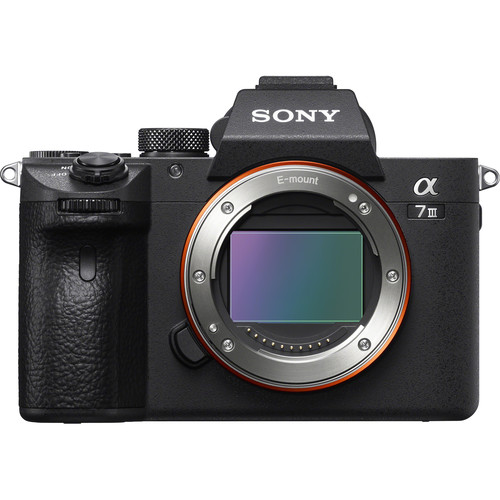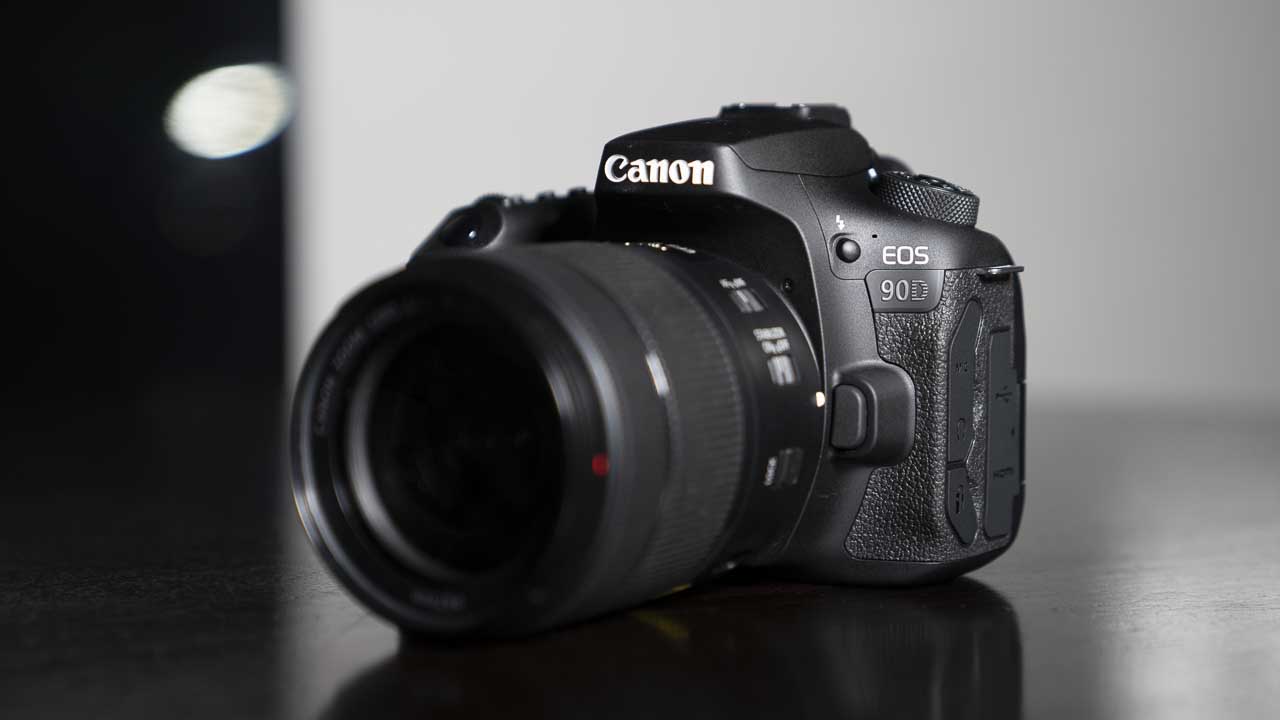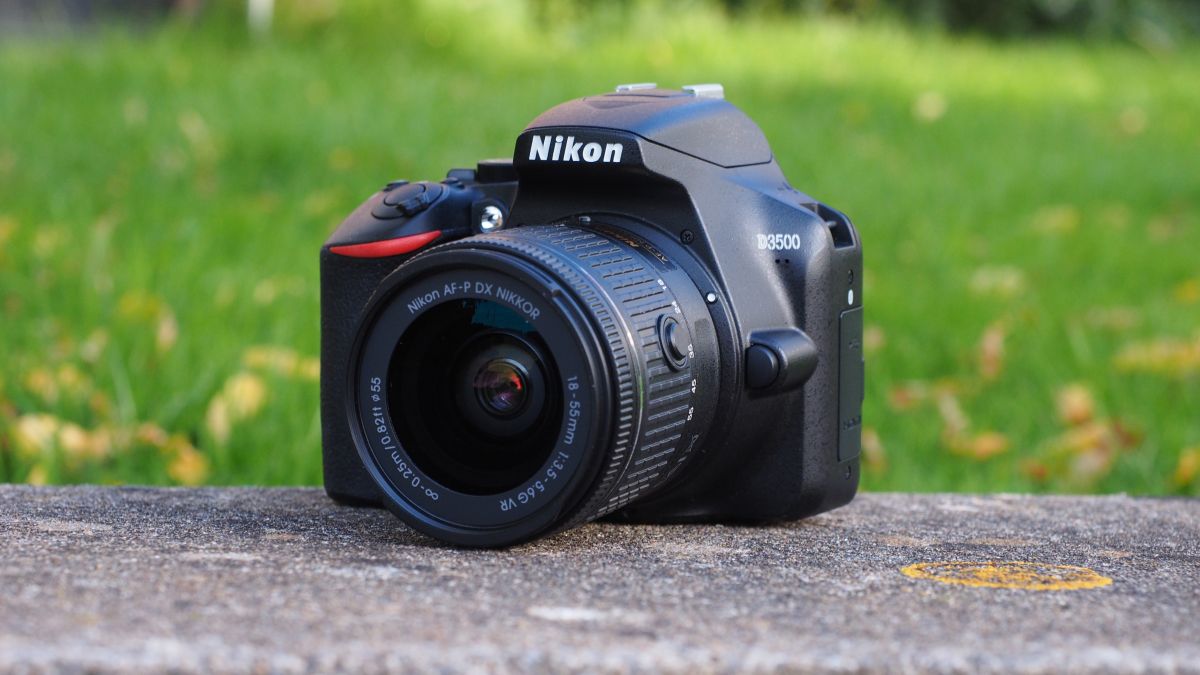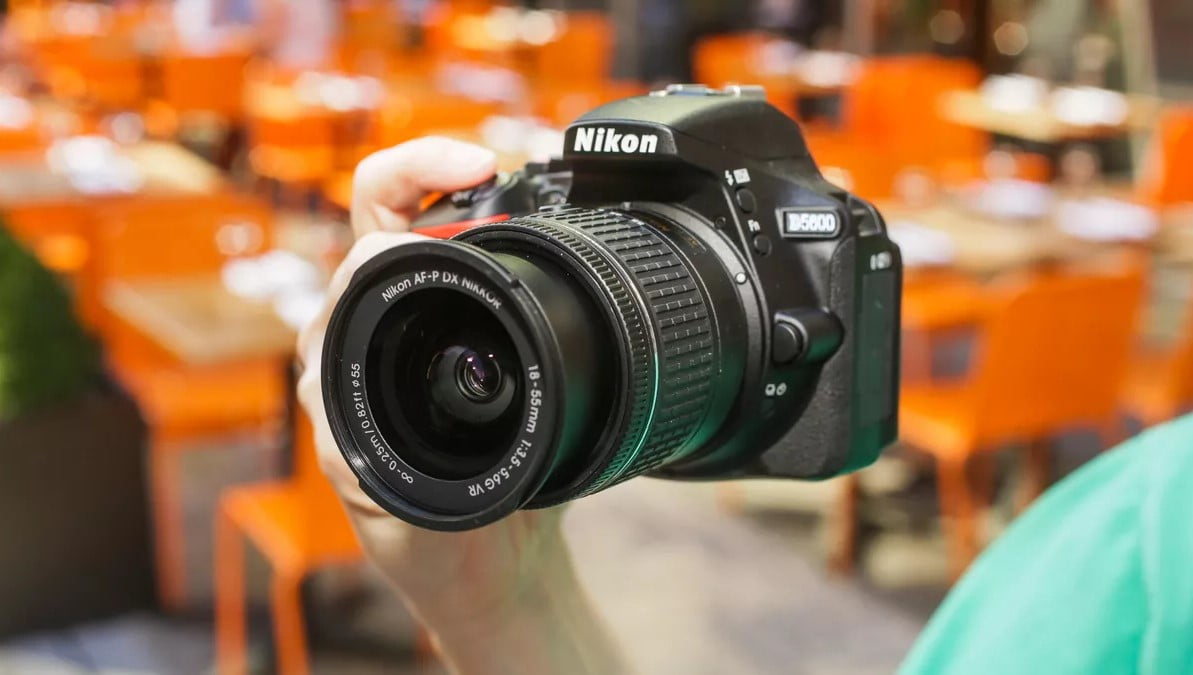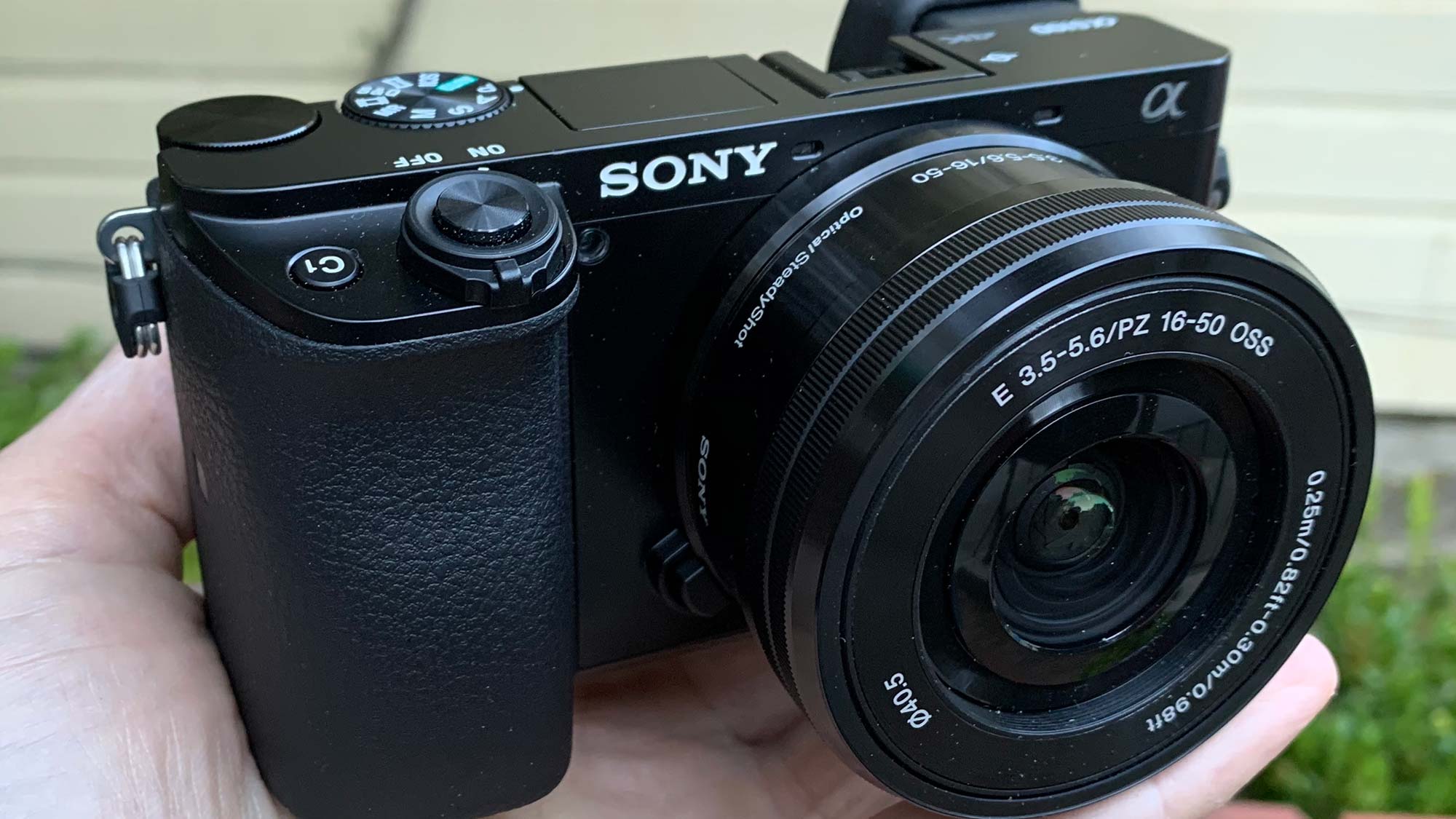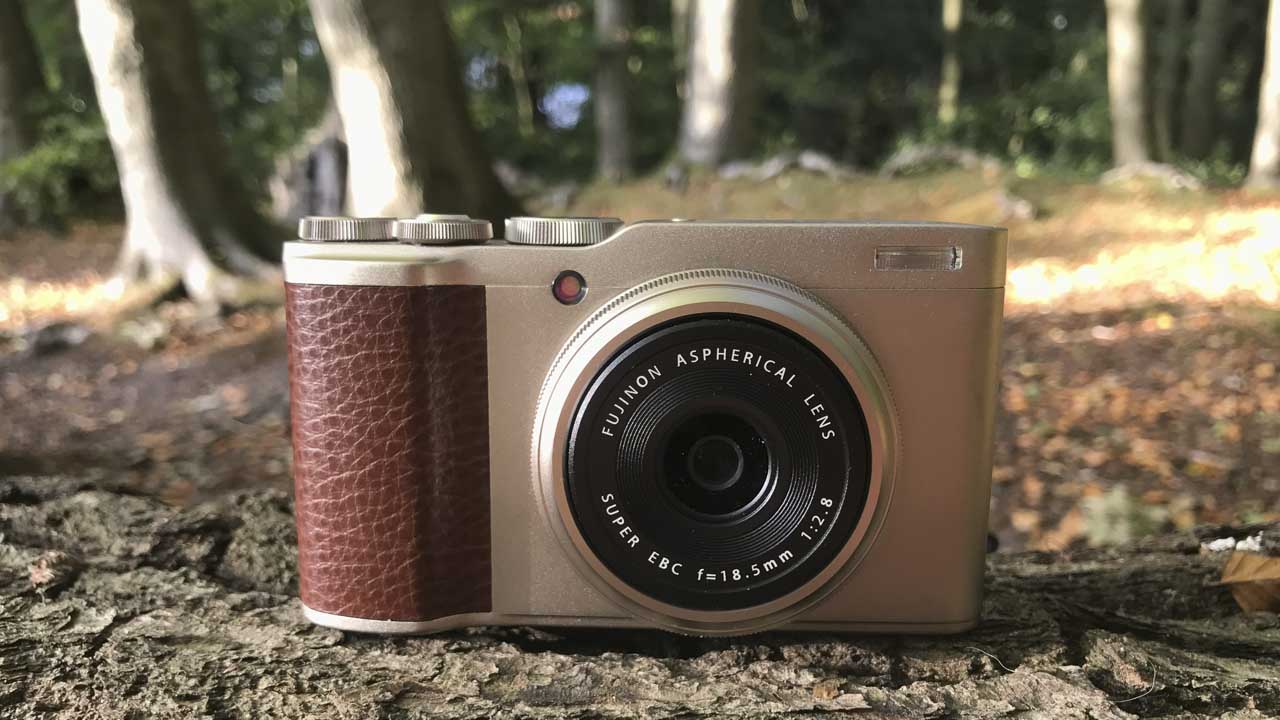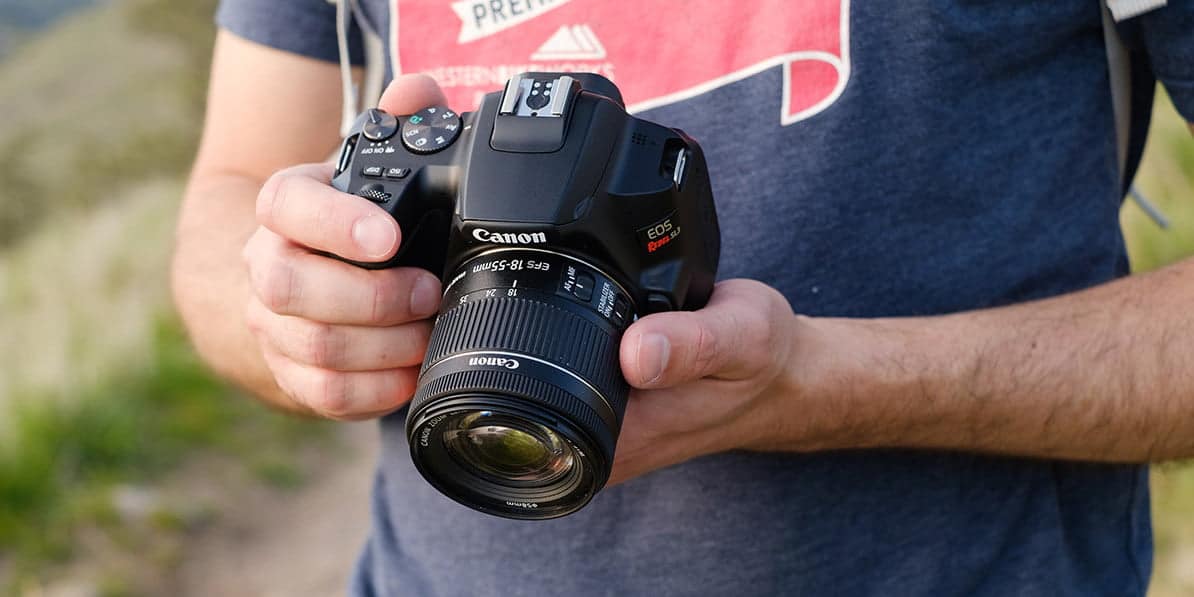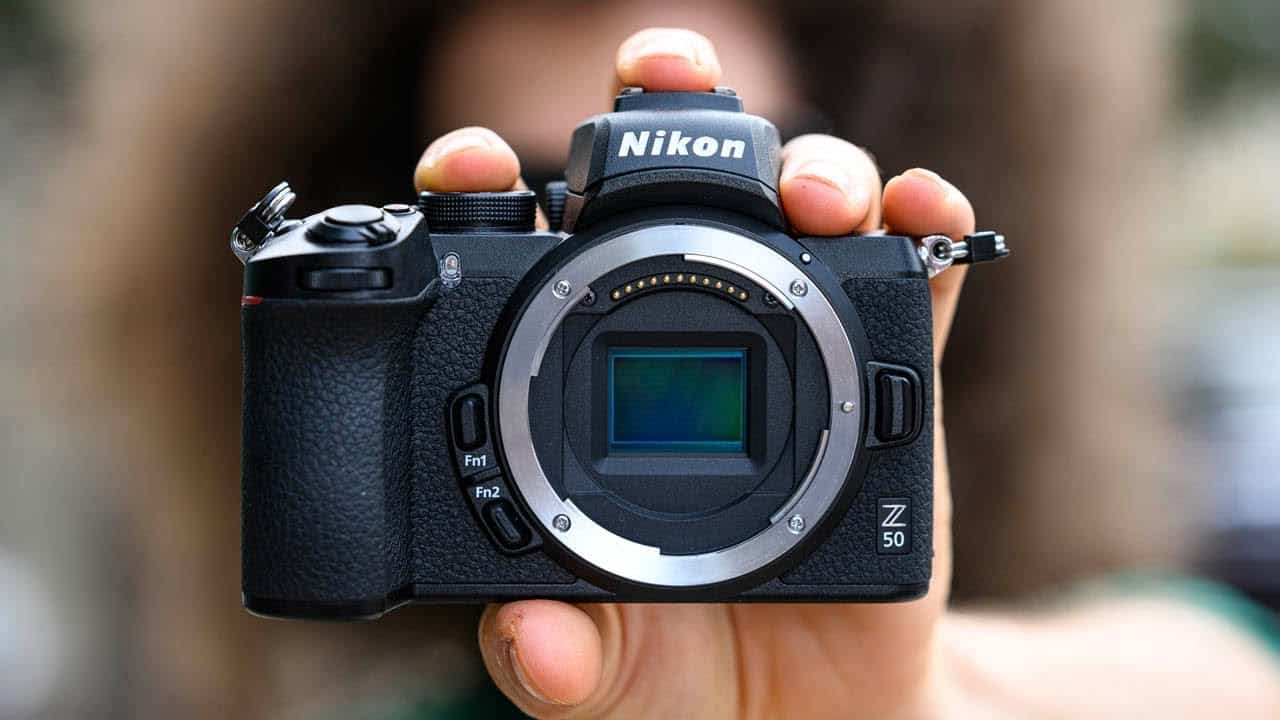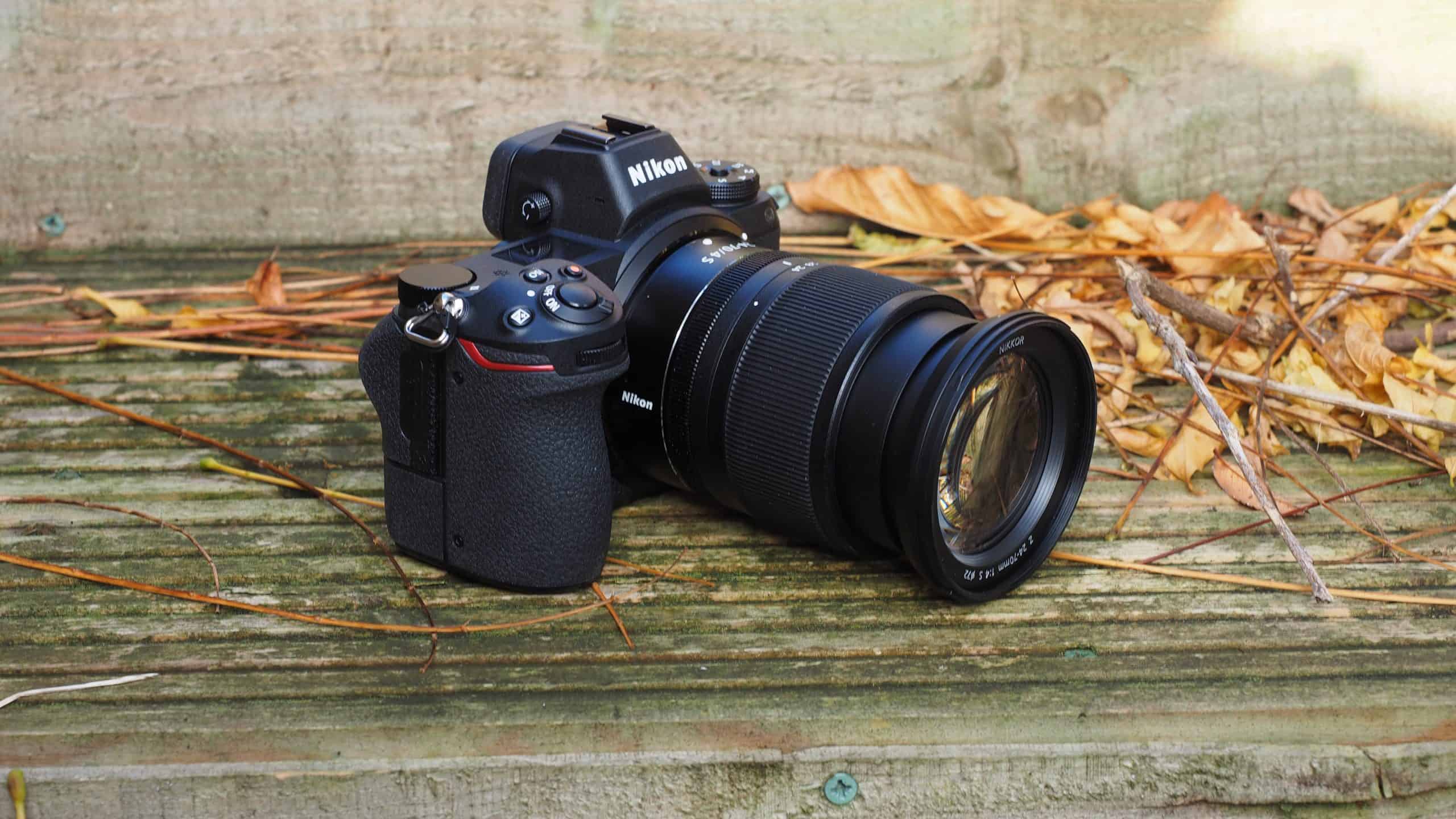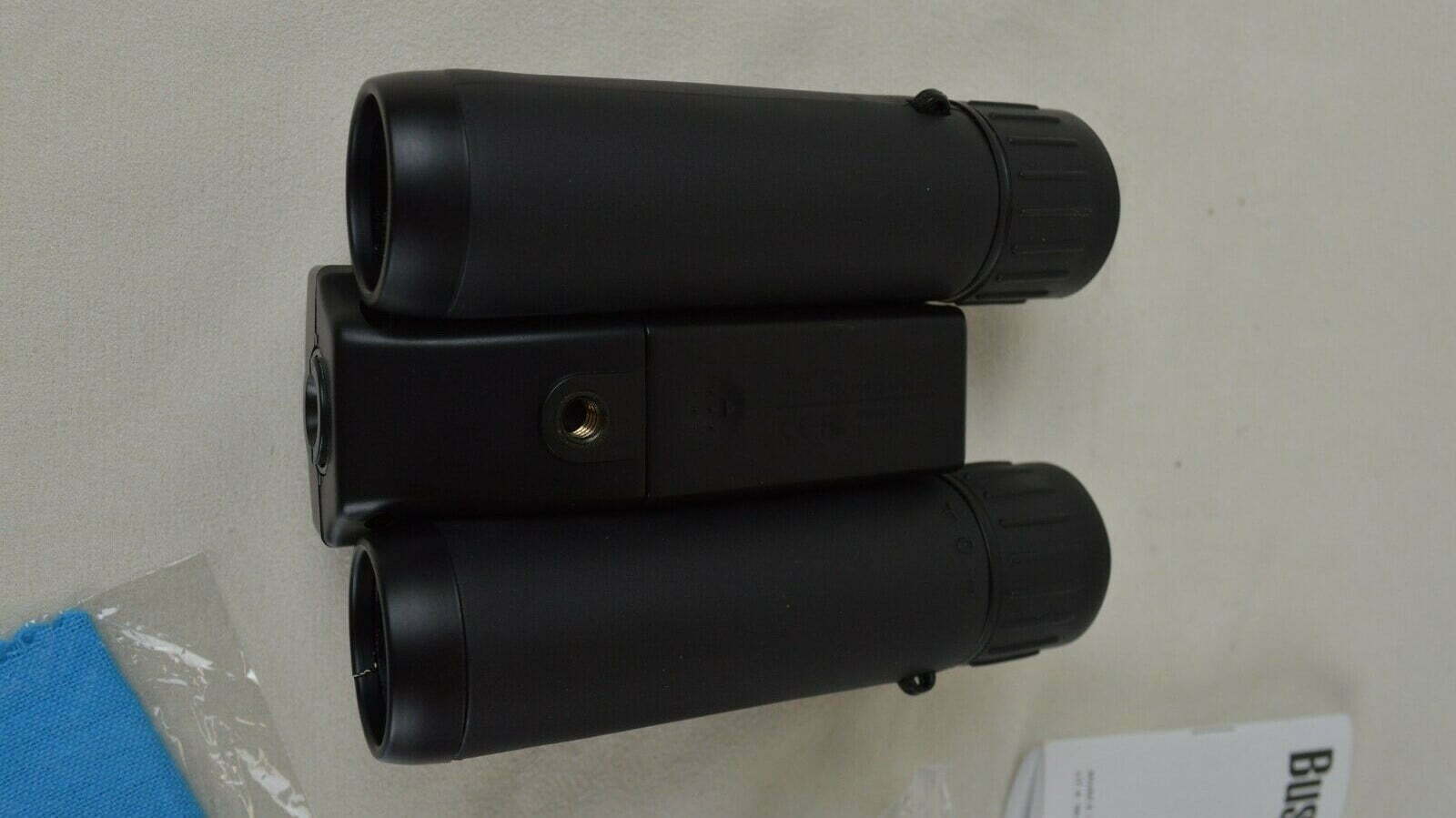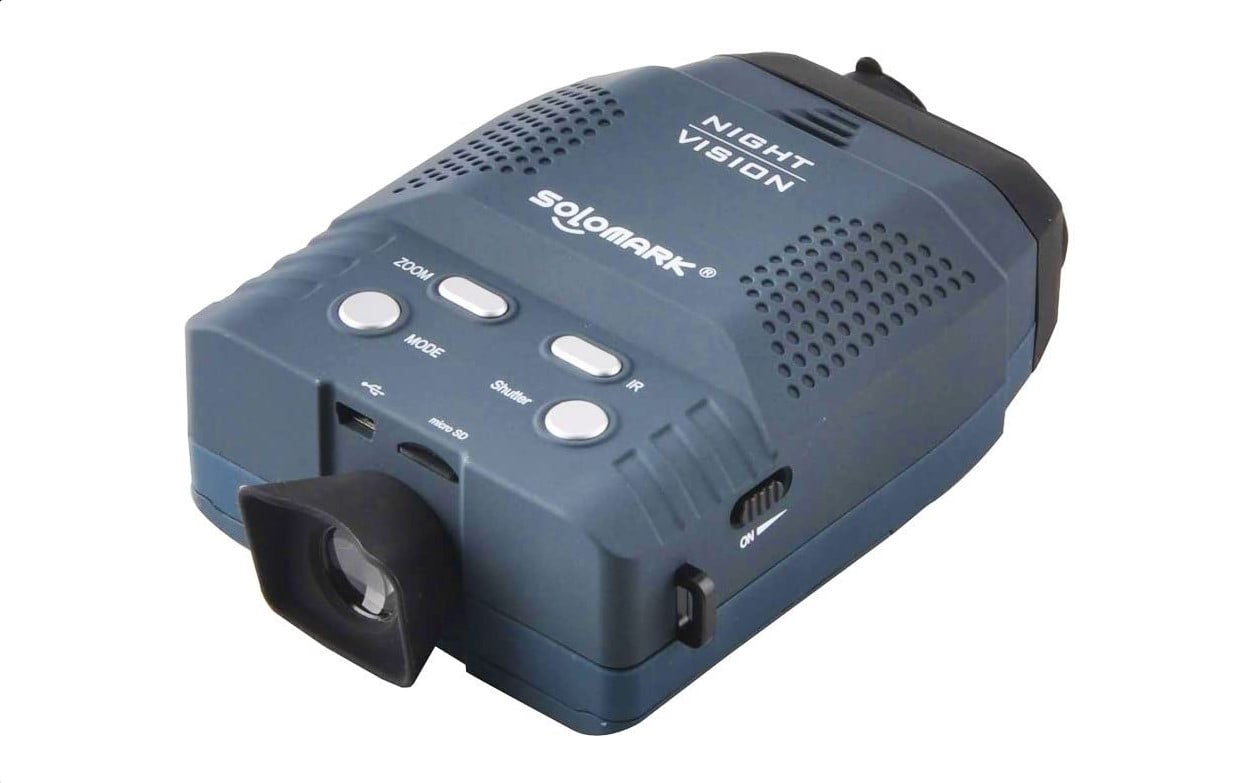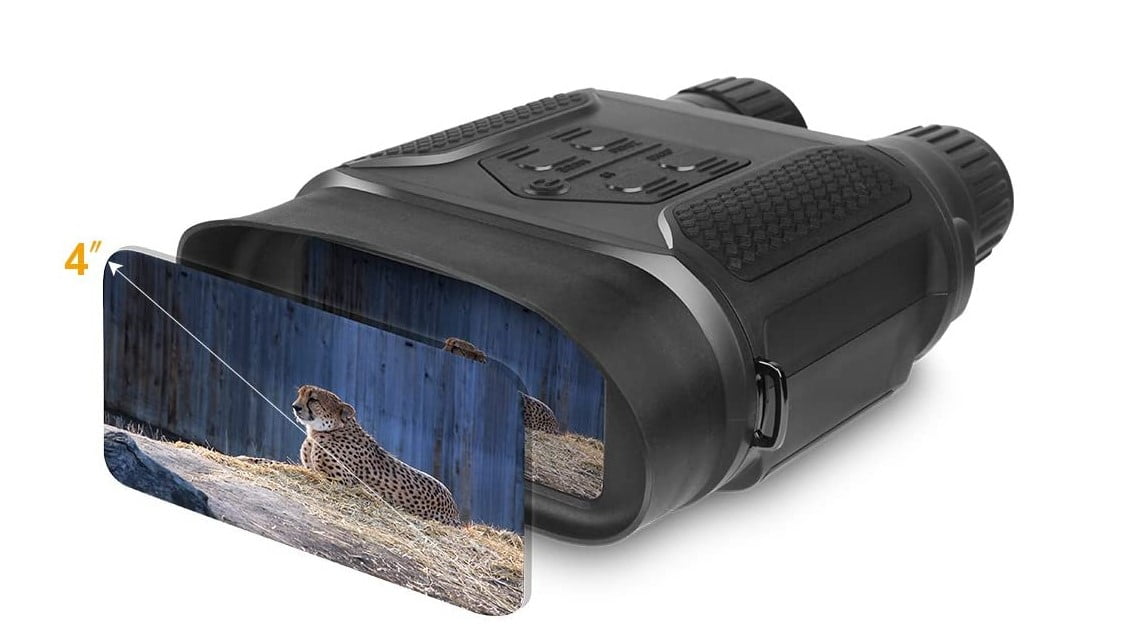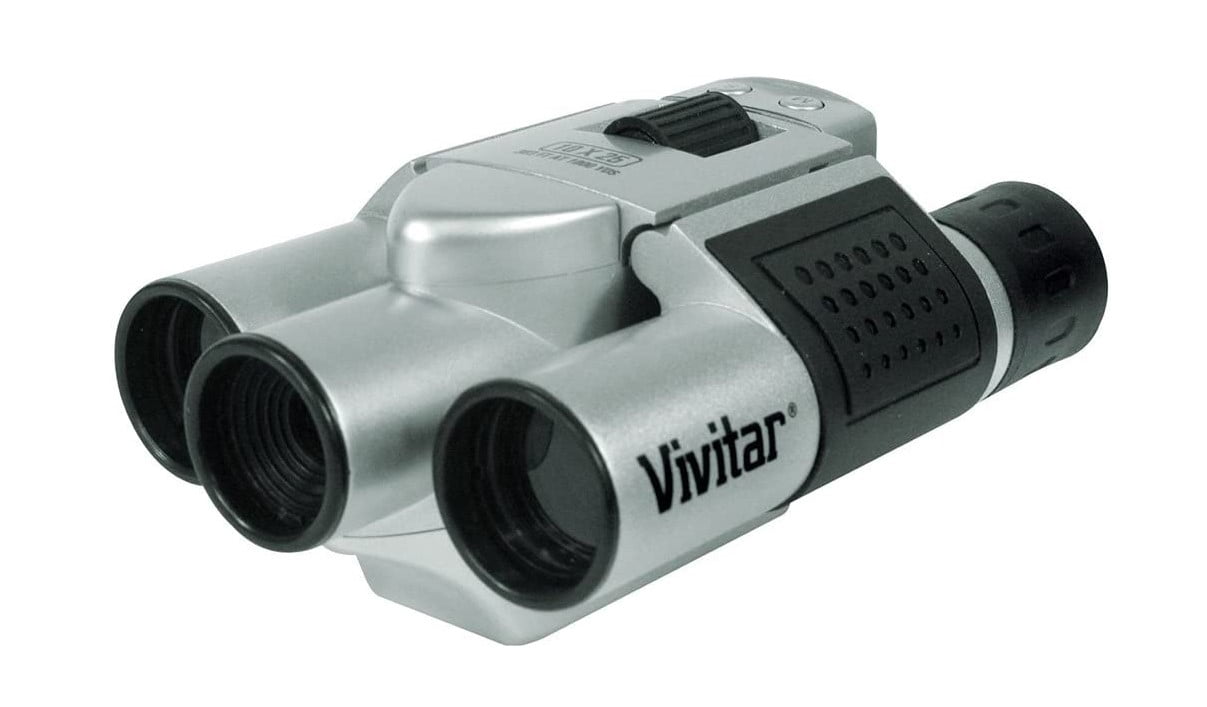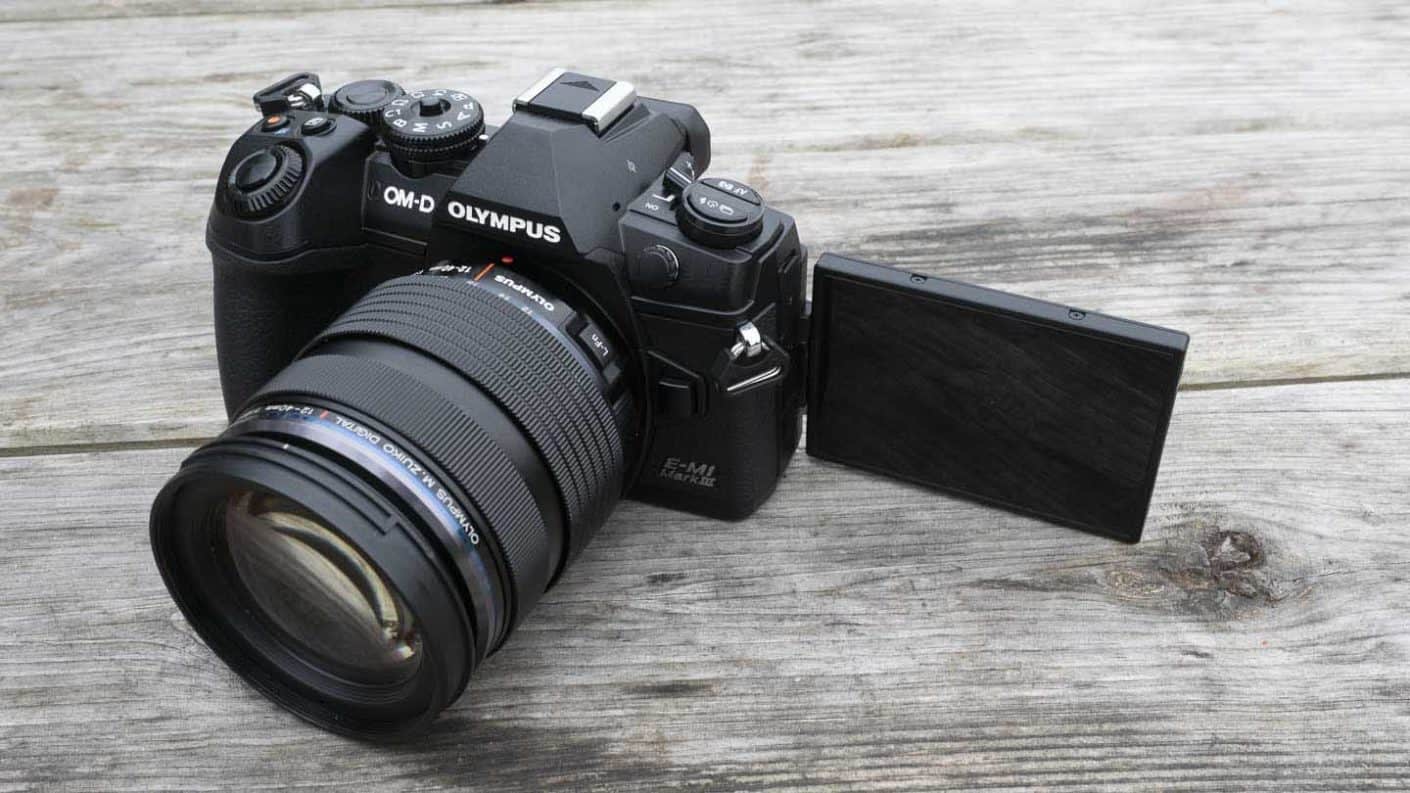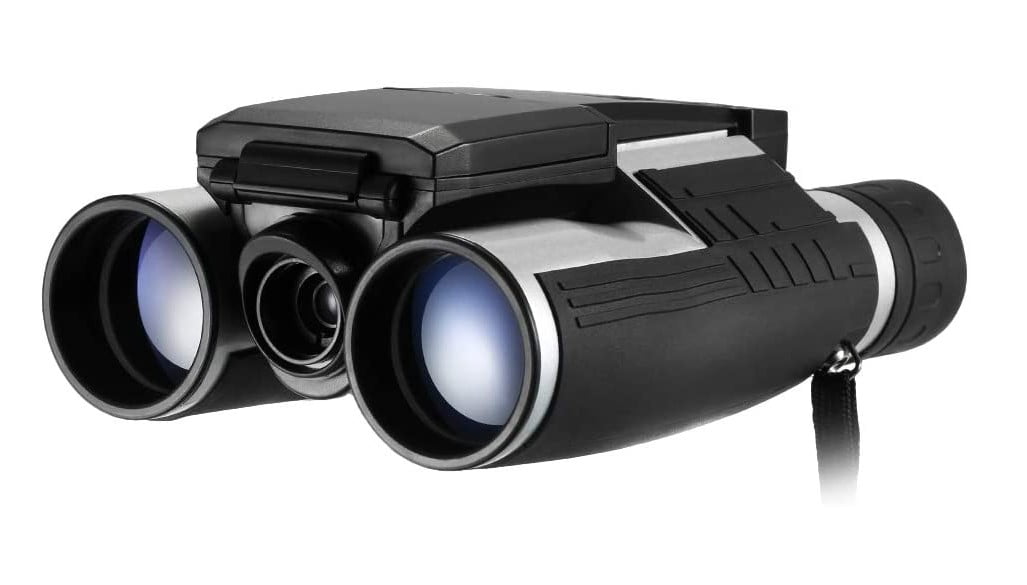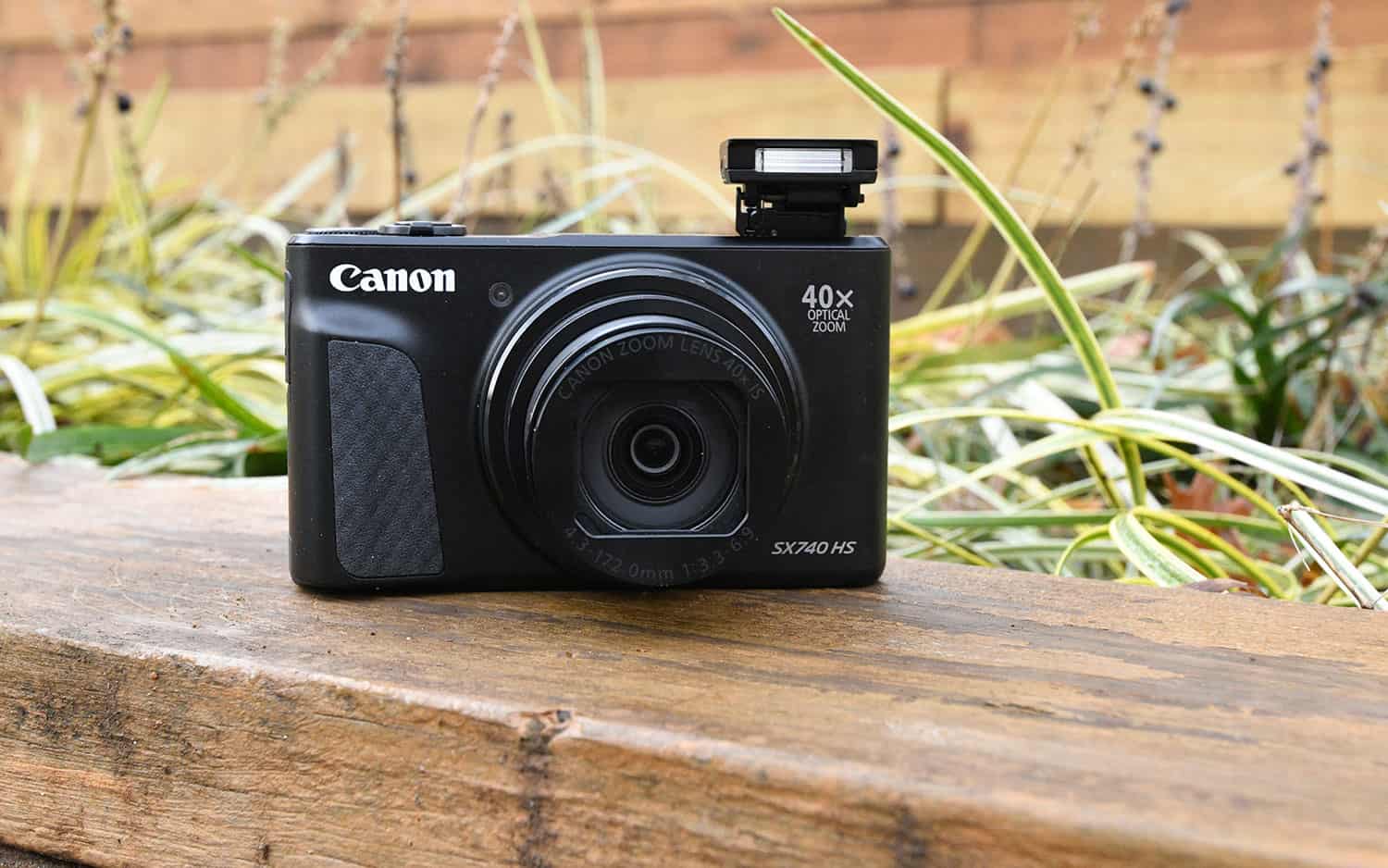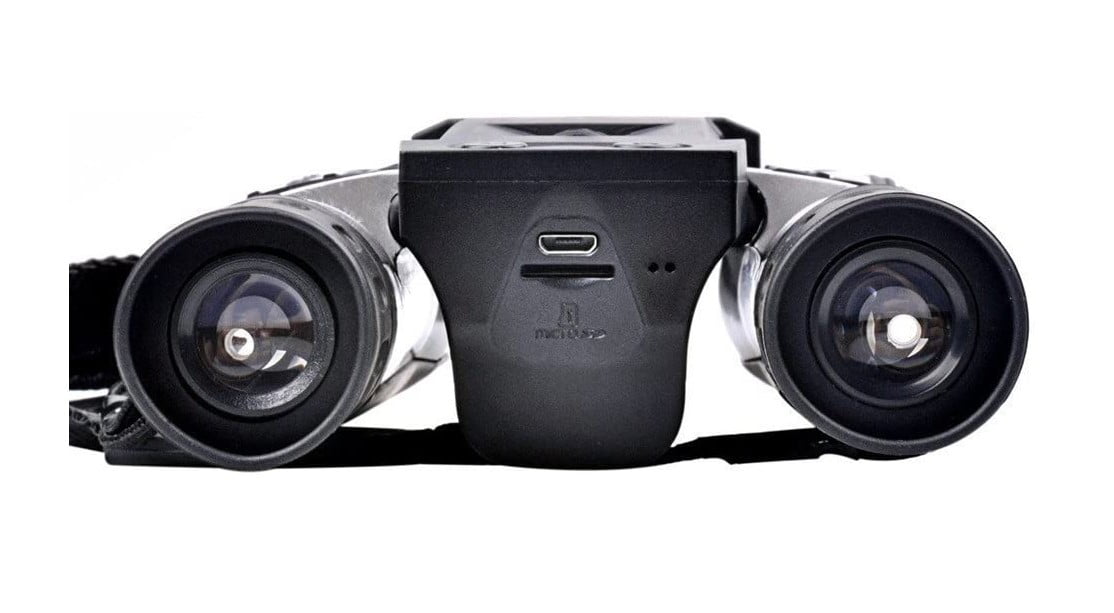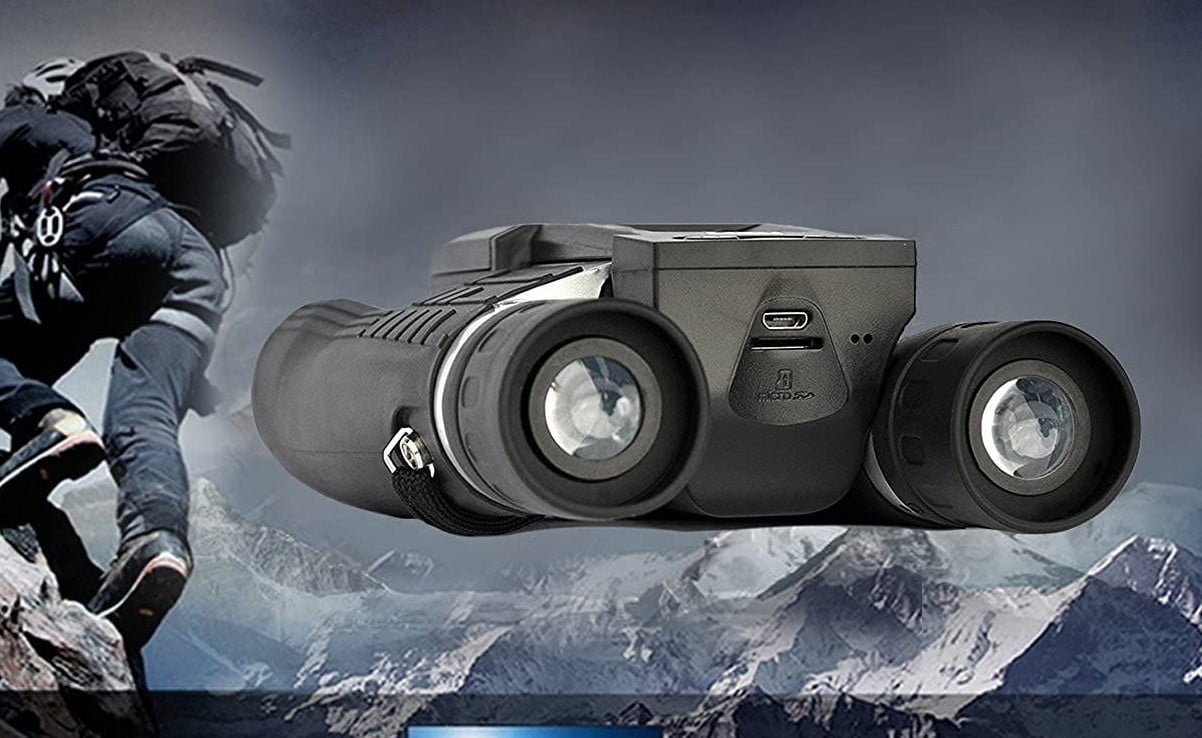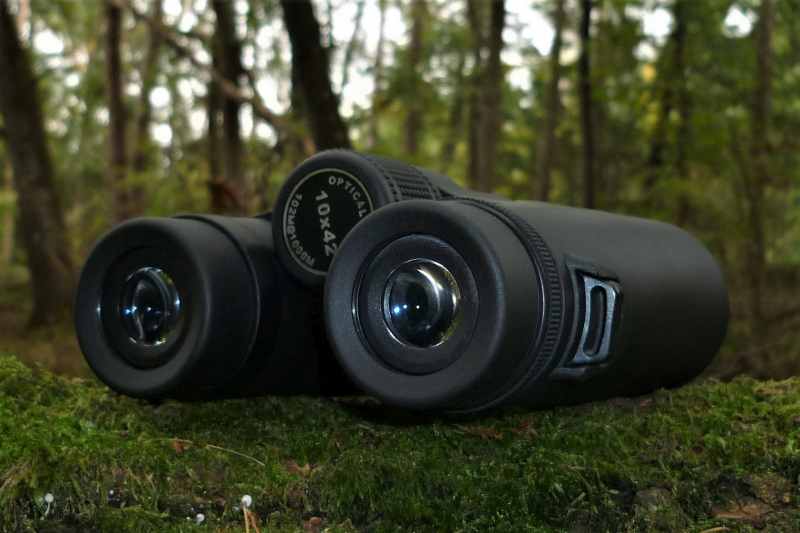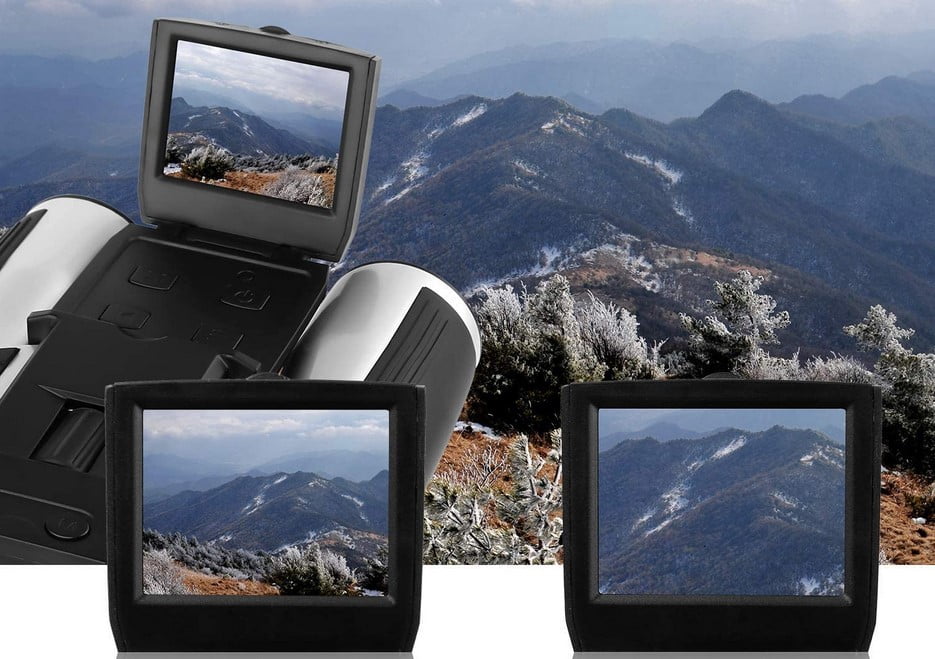In 1989, when Fujifilm released the FUJIX DS-X, the camera that would launch digital photography into the spotlight, most cameras on the market used film. As digital cameras gained popularity, it left many old-school photographers asking what are the advantages of a top-rated digital camera over the traditional 35mm? While film certainly has its charms, digital models have several advantages.
KEY TAKEAWAYS:
- Digital cameras offer several advantages over film cameras.
- Thanks to modern advancements, digital cameras are lightweight, take high-quality digital images, and offer several great features, like night mode and face detection
- Since everything is digital, there’s no need to buy film or pay someone to process your digital photographs
How Digital is Better Than Film
Though thought to be obsolete, film photography is seeing a resurgence in popularity. That doesn’t mean, though, that you should toss out your digital camera in favor of old-school technology. You can still learn what the advantages of using a traditional film camera and a digital camera are. But frankly, digital cameras make getting the perfect shot easier in so many ways.
Insider Tip
You can scan your film negatives with a digital camera (mirrorless or DSLR) that has a macro function or macro lens.
Simplicity in Changing ISO
Simply put, a digital film camera allows novice and professional photographers alike to adapt to different lighting situations easily.
In photography, ISO refers to how sensitive the medium you’re using (digital sensor or film) is to light. In a digital camera, this is determined by the ISO setting you choose. This means you can change the ISO speed of a digital camera’s sensor at any given point during your shoot. Digital cameras also use megapixels to create high-quality images. You can check out what megapixels are on a digital camera if you want to know how they work.
In film photography, each roll of film is rated for a specific ISO. So, you will have to change the film itself to get a different ISO sensitivity. Of course, because the film is sensitive to light, once you start shooting with a roll of film, you can’t remove it from the camera until you’ve used every shot on the roll. If you take it out early, you will lose all of your images.
Easy to Retouch or Manipulate an Image
Digital cameras allow photographers to remove scars, wrinkles, or blemishes in seconds during the editing phase. In addition, digital photography allows for more advanced retouching techniques, like opening the eyes when someone is blinking or even removing people from digital images altogether. This can’t be done with film images unless they’ve been digitized after the negatives have been developed and the photos printed.
Flexible Backup Options
If a roll of film negative is lost or damaged during storage, it’s impossible to get them back. Digital photography, on the other hand, makes it easy to back up your images, no matter how many you have. It’s as easy as transferring the images from your memory card to your computer’s hard drive. Then, you just copy them to an external drive or other storage devices.
It’s Often the Cheaper Option
Although the initial cost of renting or buying traditional film cameras is cheaper, that’s not necessarily the case when you consider that film stocks and processing are expensive, especially if you’re using it for low-budget filming. The film itself may even be hard to come by. You’ll also need to buy lenses and other accessories if you’re using a film SLR camera.
Faster Operation
Digital cameras have a “burst mode” feature that allows digital photographers to take fast sequential shots. Burst mode, or continuous shooting mode, lets you take a series of photos in rapid succession, which is great for capturing fast-moving objects. This feature is very simple to use because an amateur photographer can point and shoot the camera to a fast-moving object without spending too much time adjusting the camera settings.
F.A.Q.
Does Digital Have Better Resolution Than Film?
No. Film resolution is higher than digital resolution. This is true especially when the film stock is larger because there are more photons on the surface of the film.
Why should I purchase a mirrorless camera?
If you are looking for a lighter, faster, and more compact camera for videography, consider going for a mirrorless camera.
What are some of the disadvantages of a digital camera?
- You need computer skills to know how to edit photos in photo-editing software.
- The many features can intimidate entry-level photographers.
- High-end digital cameras have high battery consumption capacities.
STAT: According to Samsung, 2.5 billion people across the world are using a digital camera. (source)
REFERENCES:
- https://www.mvorganizing.org/what-are-the-main-features-and-benefits-of-digital-cameras/
- https://av.jpn.support.panasonic.com/support/global/cs/dsc/knowhow/knowhow25.html
- https://www.researchgate.net/publication/258421670_Photographers_Note_Digital’s_Advantages_Disadvantagesr
- https://www.npdn.org/system/files/NEPDN%20Digital%20Diagnosis%20Handout%20Digital%20Cameras.pdf
- https://www.youtube.com/watch?v=SDraJFZQ1x8&ab_channel=ExpertVillageLeafGroup

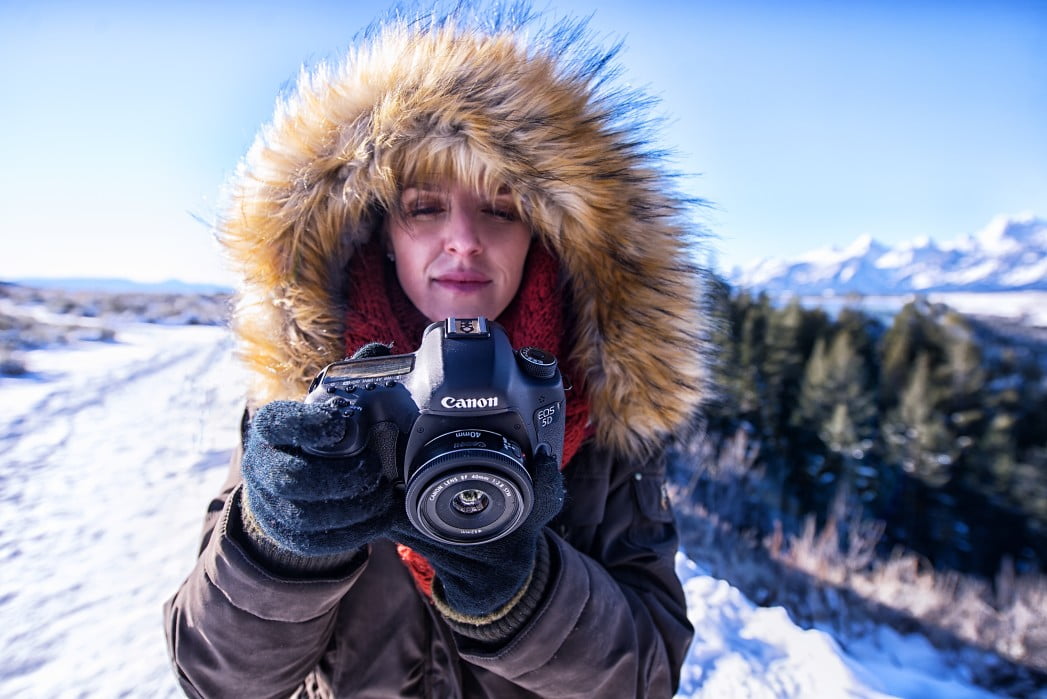













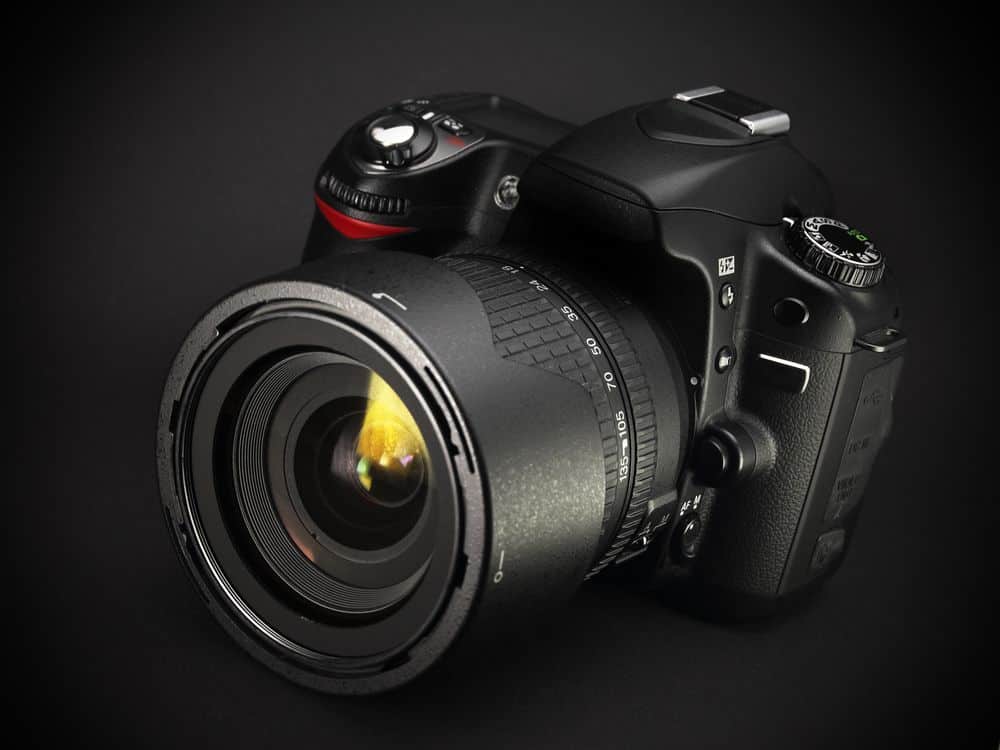
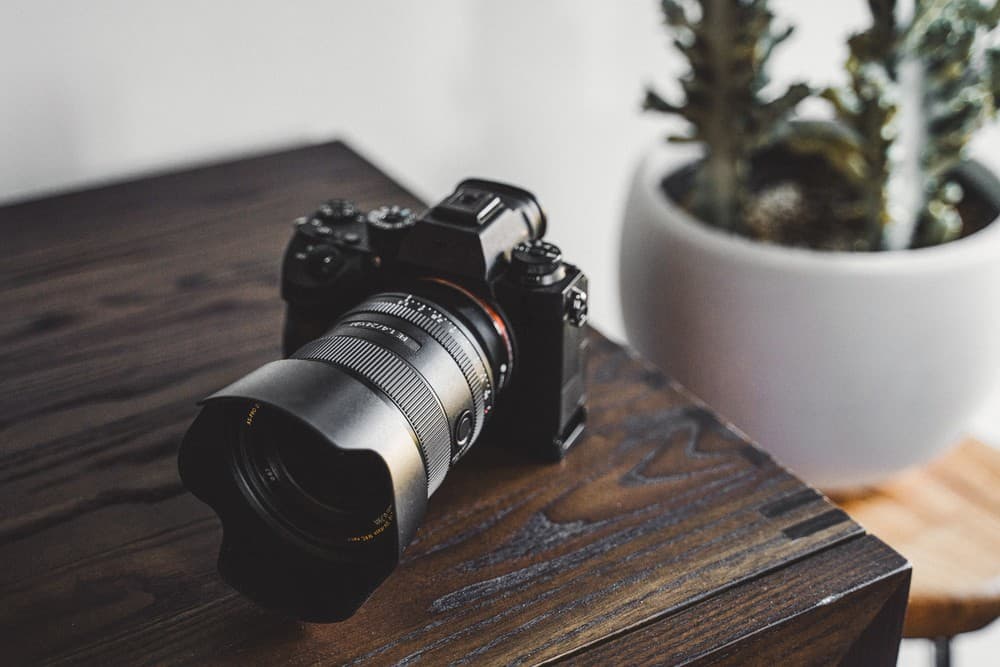
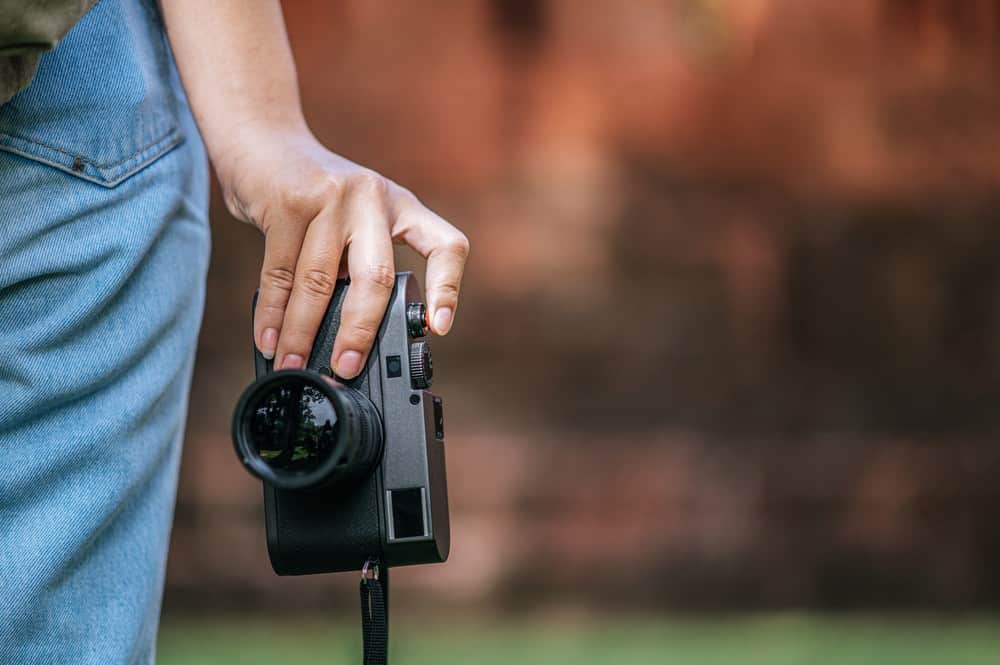
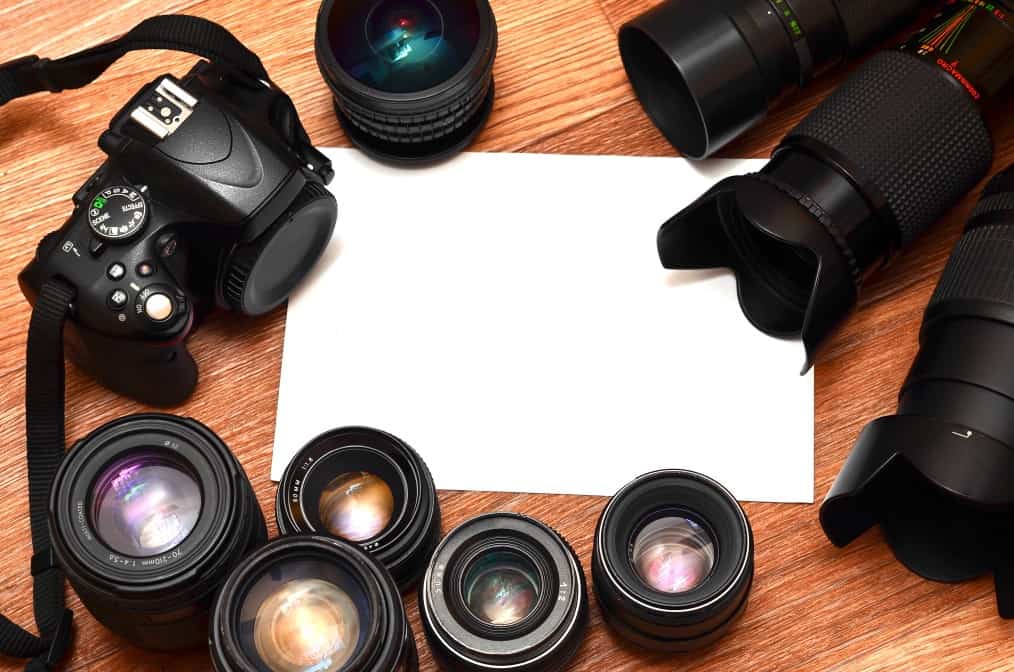
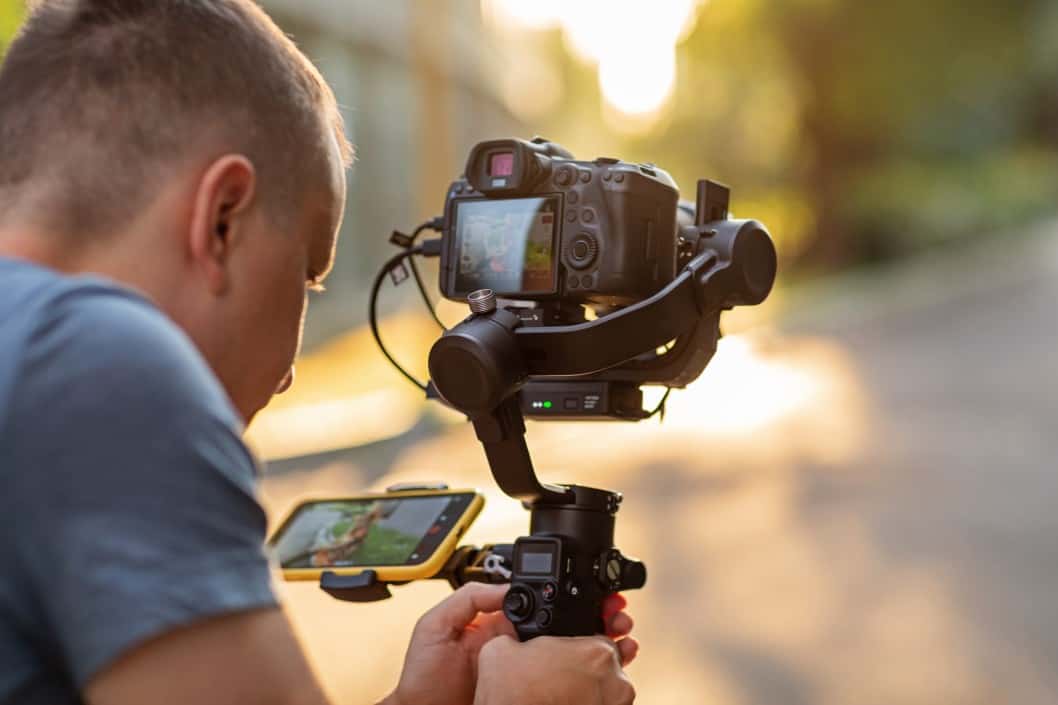
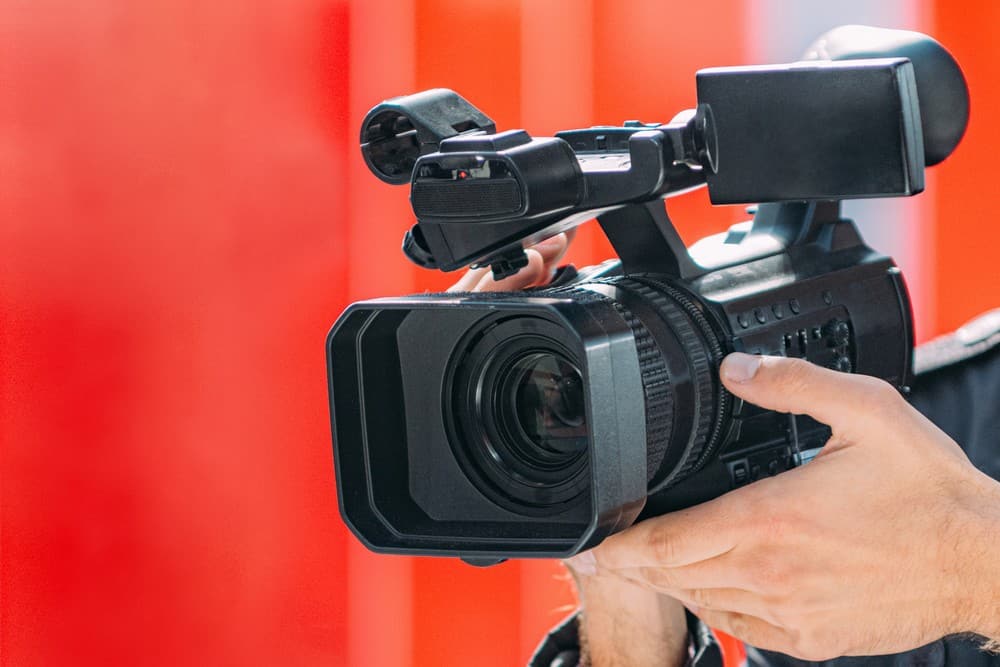
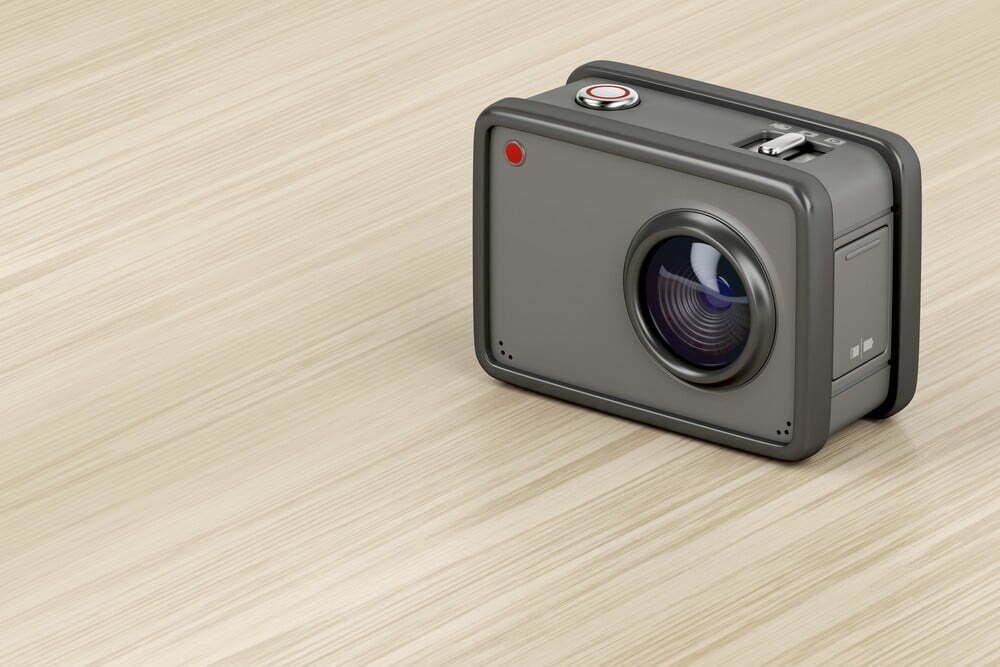
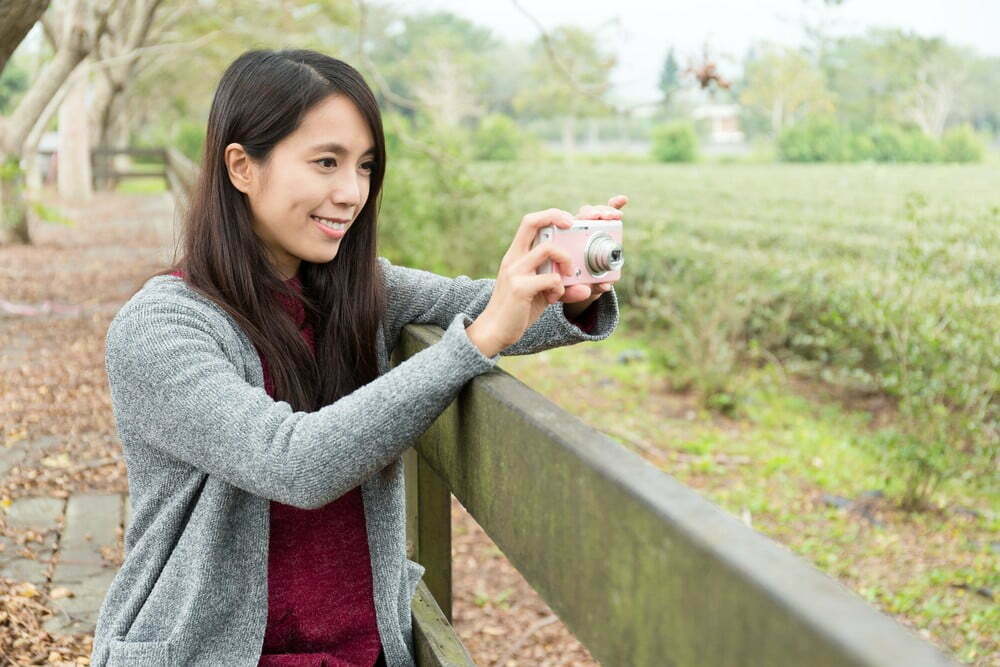
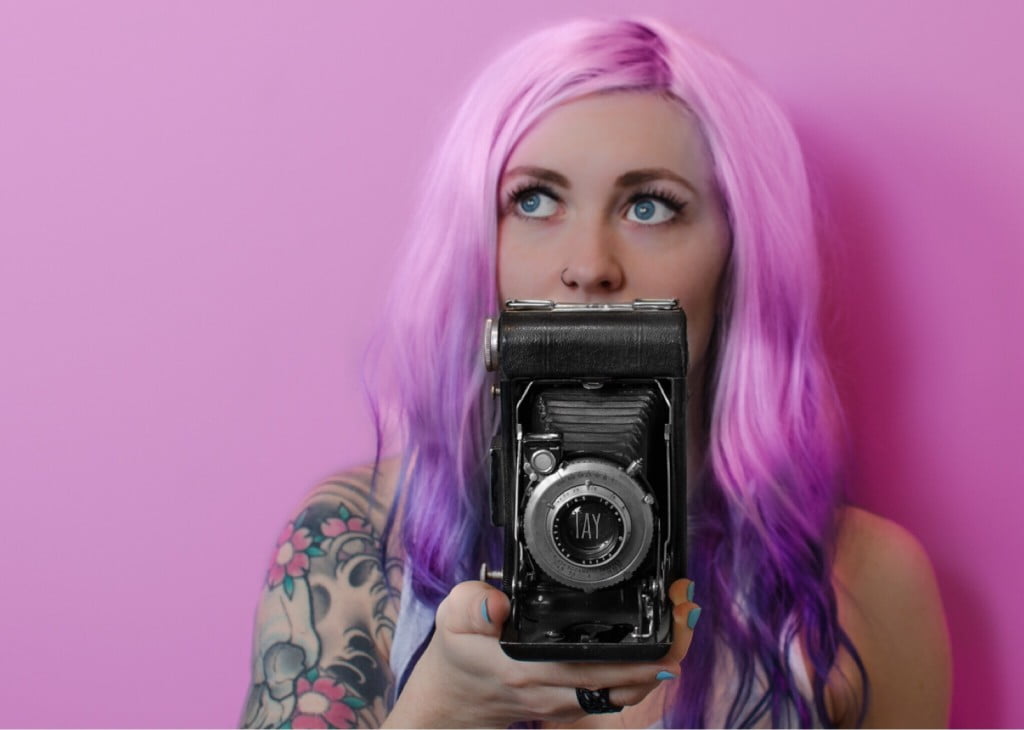
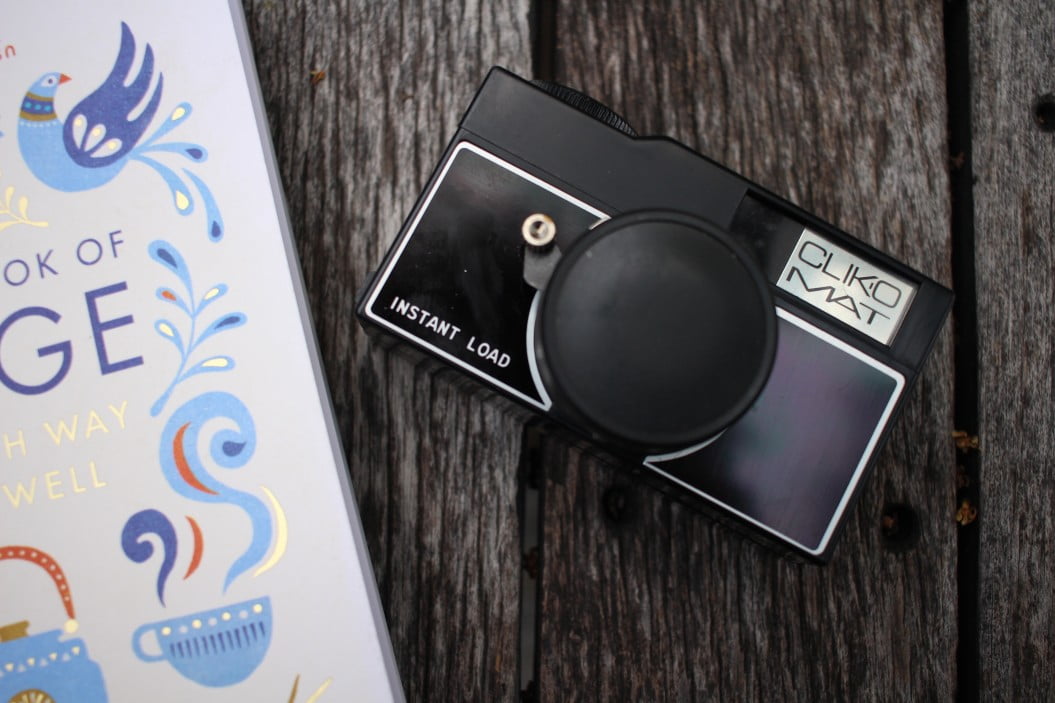
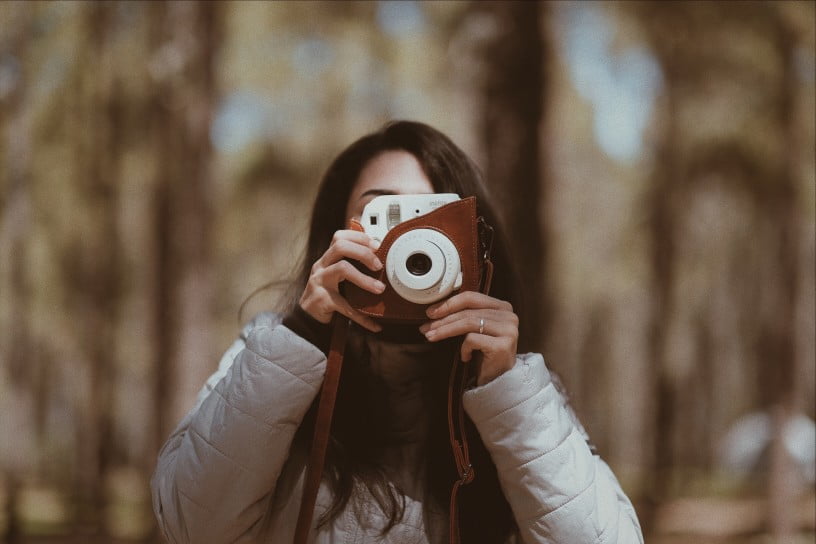
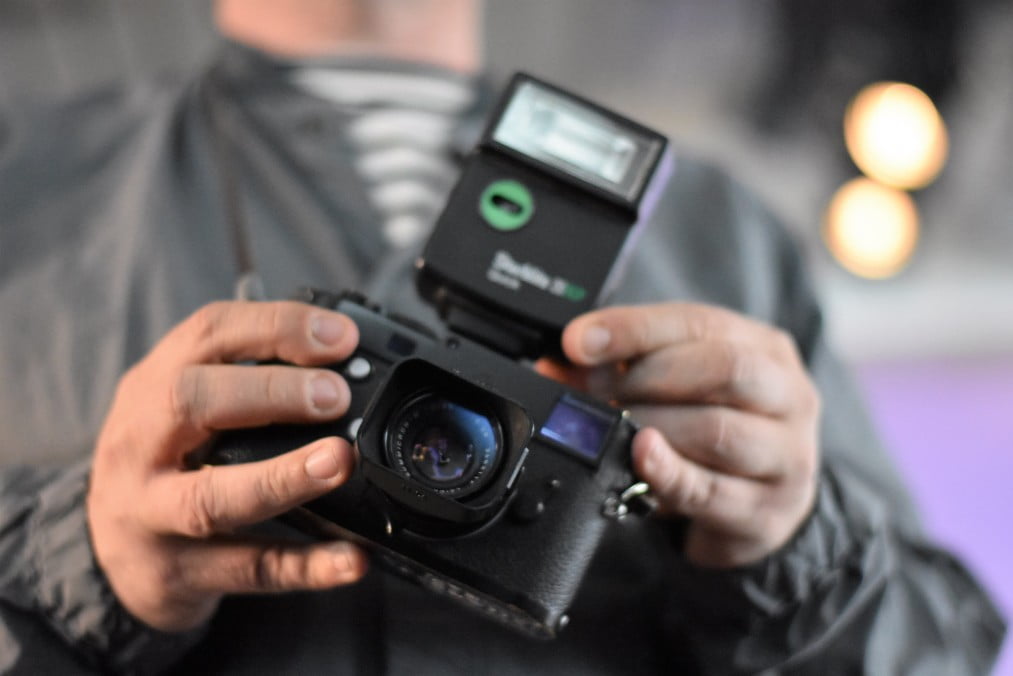
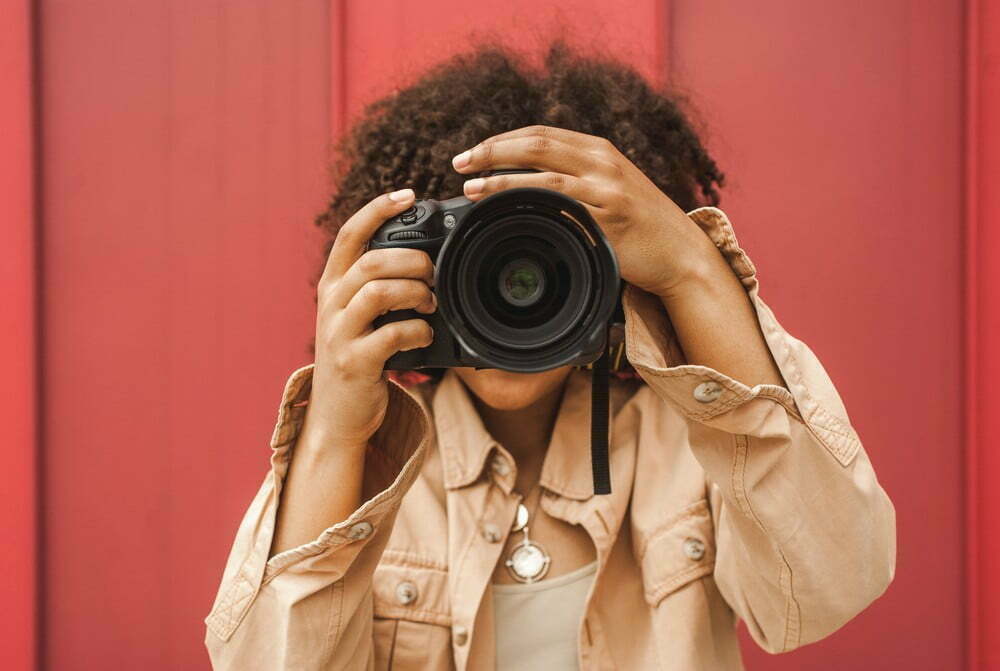
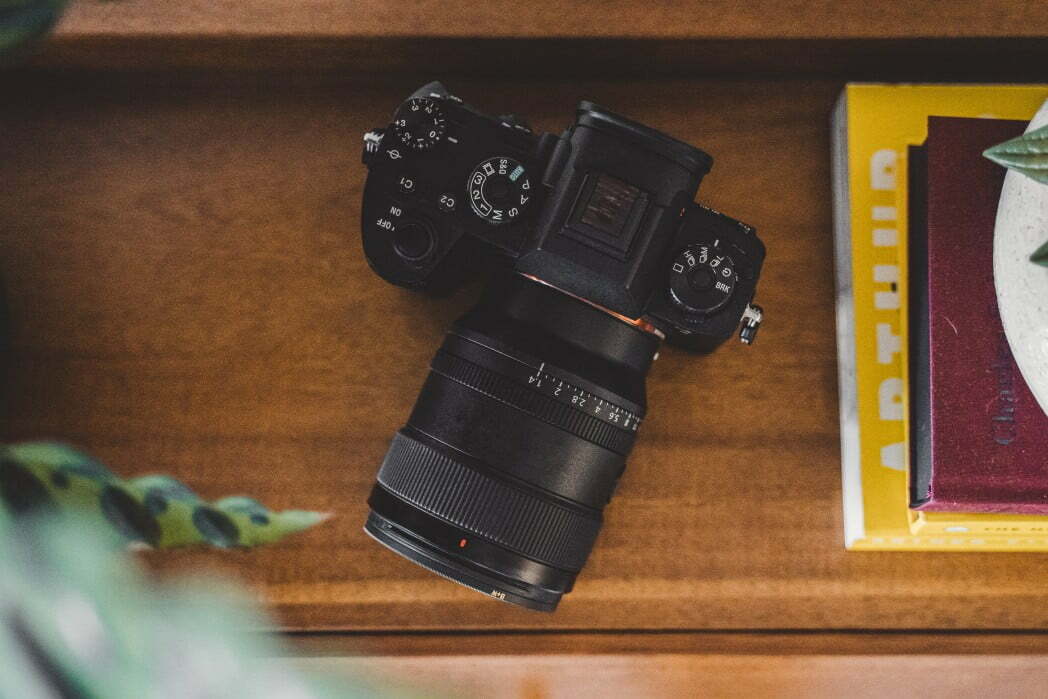
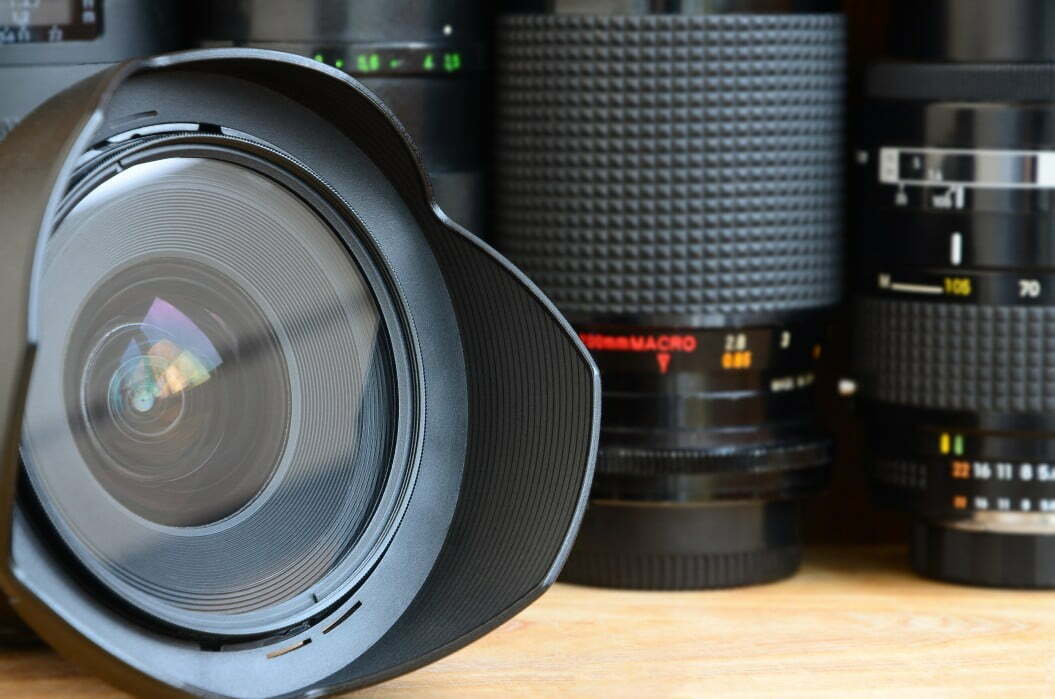
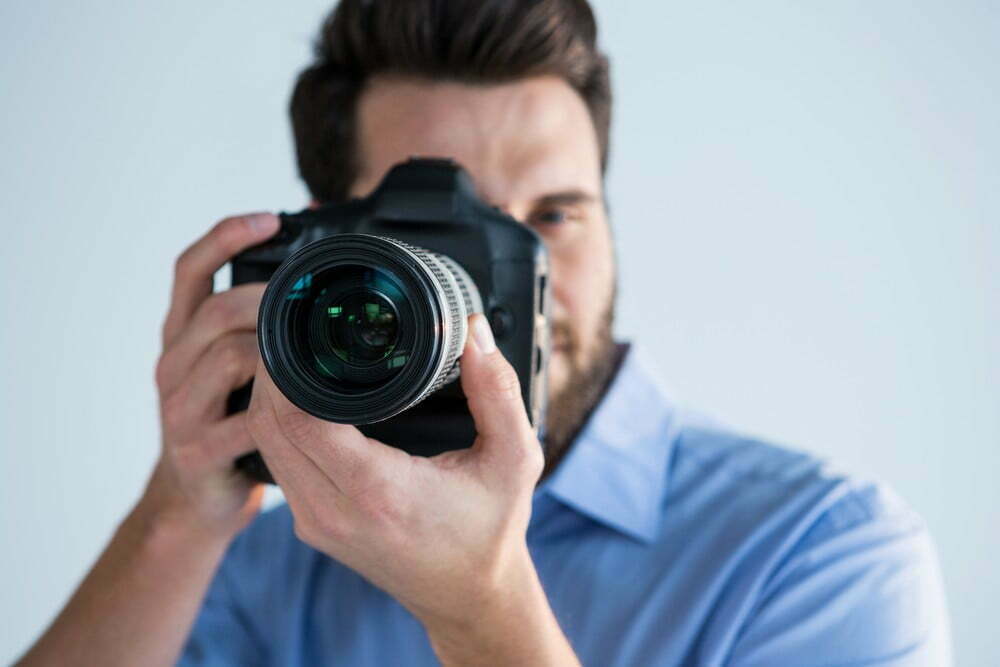
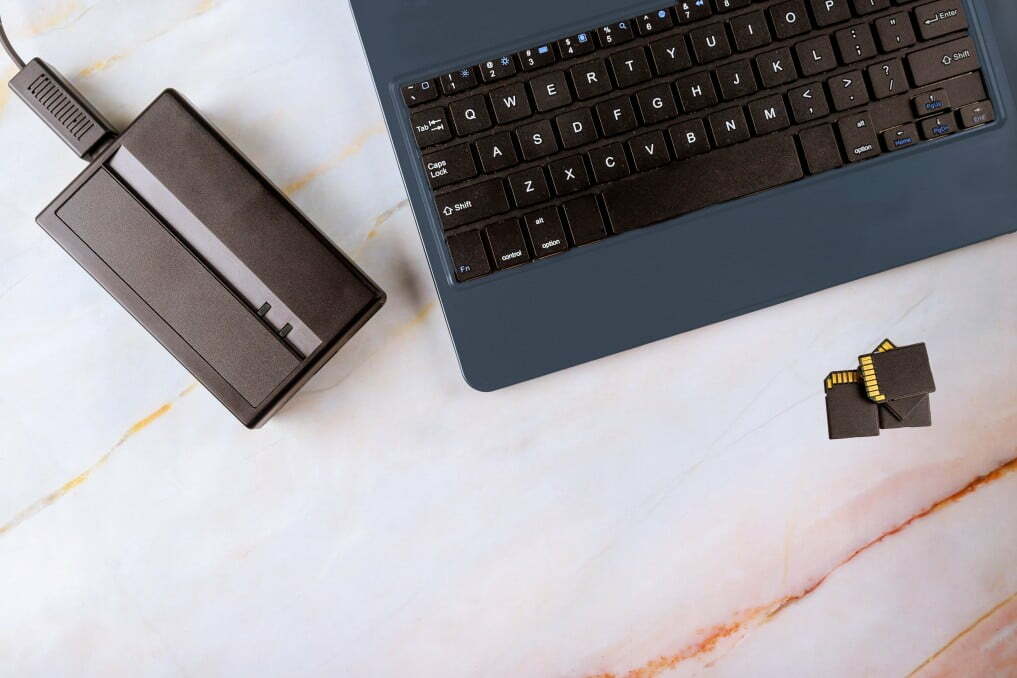
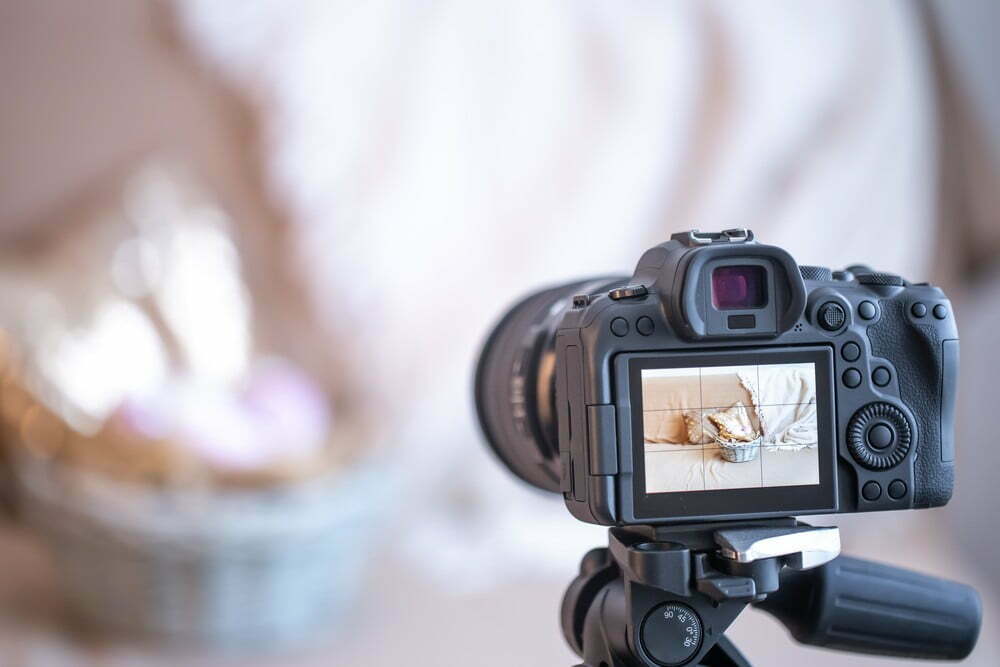
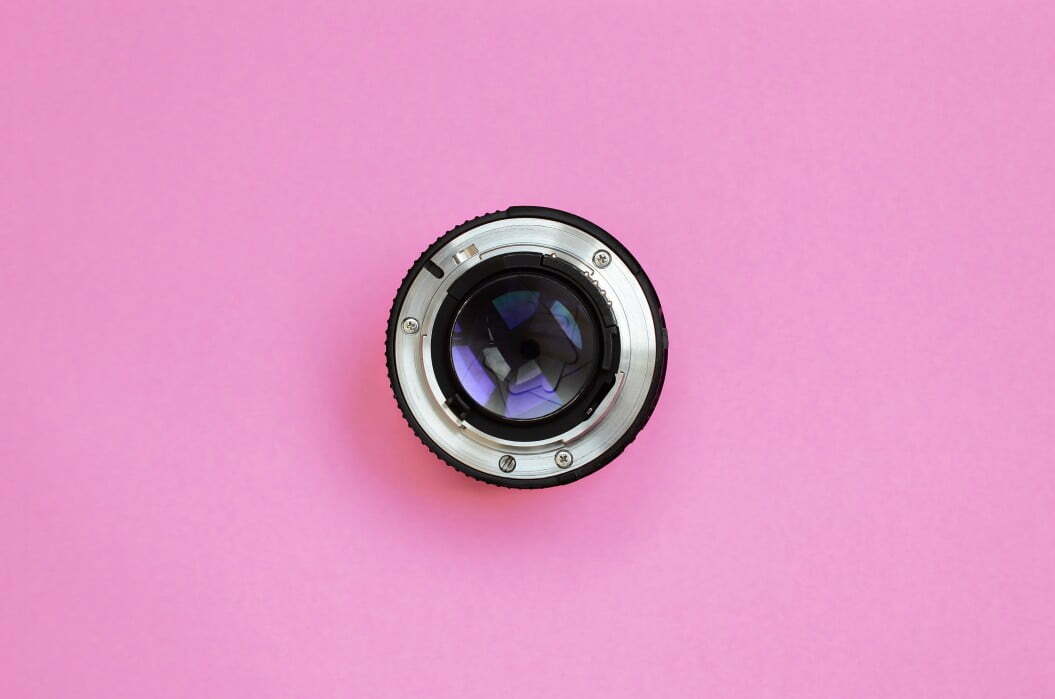
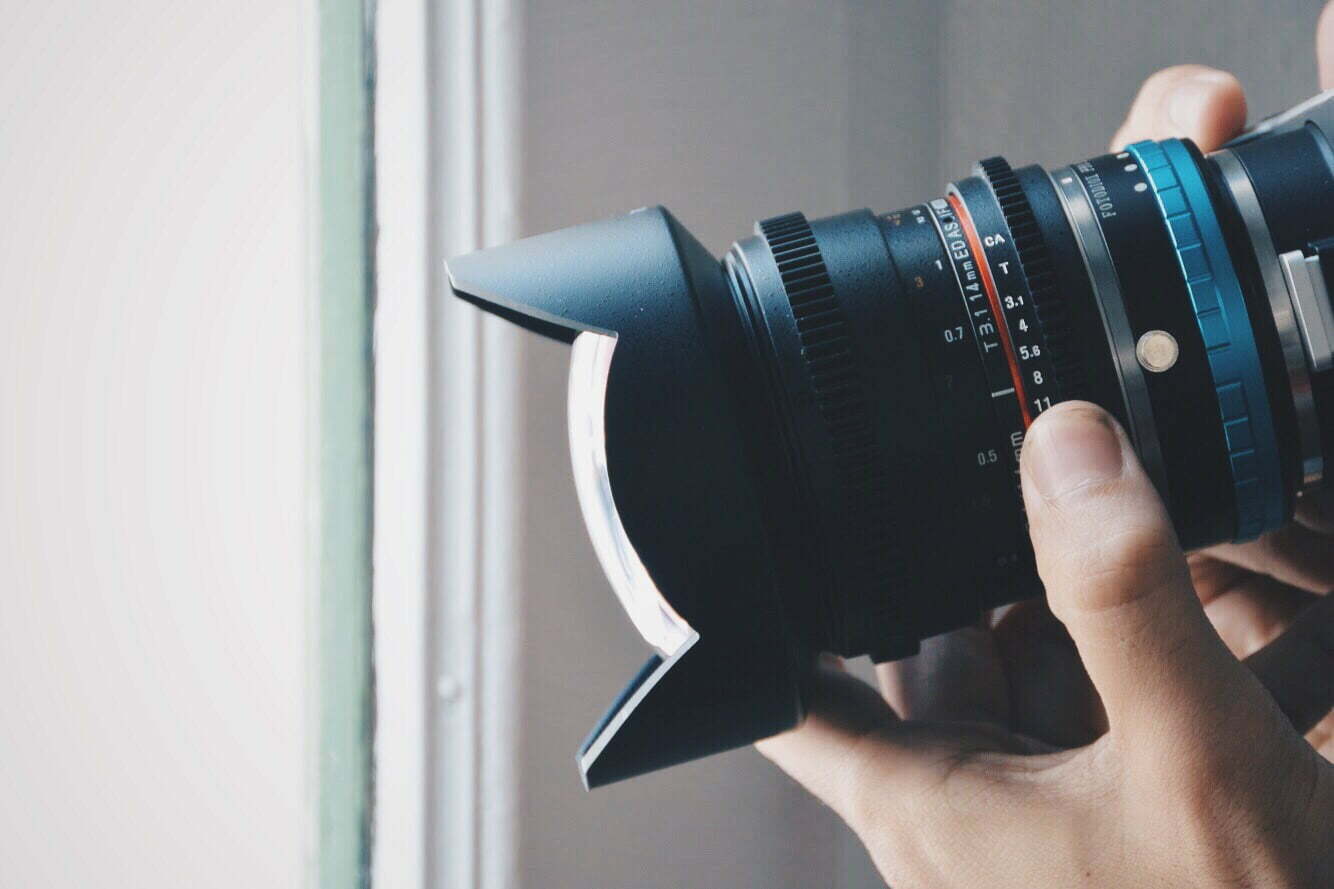
![Best Point and Shoot Camera in [year] ([month] Reviews) 27 Best Point and Shoot Camera in 2025 (October Reviews)](https://www.gadgetreview.dev/wp-content/uploads/Nikon-Coolpix-B500.jpg)
![Best Underwater Camera in [year] ([month] Reviews) 28 Best Underwater Camera in 2025 (October Reviews)](https://www.gadgetreview.dev/wp-content/uploads/best-underwater-camera-image.jpg)
![Best Digital Cameras in [year] ([month] Reviews) 29 Best Digital Cameras in 2025 (October Reviews)](https://www.gadgetreview.dev/wp-content/uploads/what-is-resolution-on-digital-camera-1.jpg)
![Best Digital Camera Docking Stations in [year] 30 Best Digital Camera Docking Stations in 2025](https://www.gadgetreview.dev/wp-content/uploads/best-digital-camera-docking-stations-image.jpg)
![Best Vlogging Camera in [year] ([month] Reviews) 31 Best Vlogging Camera in 2025 (October Reviews)](https://www.gadgetreview.dev/wp-content/uploads/best-vlogging-camera-image.jpg)
![Best Mirrorless Camera in [year] ([month] Reviews) 32 Best Mirrorless Camera in 2025 (October Reviews)](https://www.gadgetreview.dev/wp-content/uploads/best-mirrorless-camera-image.jpg)
![Best GoPro in [year] ([month] Reviews) 33 Best GoPro in 2025 (October Reviews)](https://www.gadgetreview.dev/wp-content/uploads/best-gopro-image.jpg)
![Best Canon Digital Cameras in [year] 34 Best Canon Digital Cameras in 2025](https://www.gadgetreview.dev/wp-content/uploads/best-canon-digital-cameras-image.jpg)
![Best Digital Camera Tripods in [year] 35 Best Digital Camera Tripods in 2025](https://www.gadgetreview.dev/wp-content/uploads/best-digital-camera-tripods-image.jpg)
![Best Polaroid Digital Cameras in [year] 36 Best Polaroid Digital Cameras in 2025](https://www.gadgetreview.dev/wp-content/uploads/best-polaroid-digital-cameras-image.jpg)
![Best Small Digital Camera Cases in [year] 37 Best Small Digital Camera Cases in 2025](https://www.gadgetreview.dev/wp-content/uploads/best-small-digital-camera-case-image.jpg)
![Best Digital Camera USB Cables in [year] 38 Best Digital Camera USB Cables in 2025](https://www.gadgetreview.dev/wp-content/uploads/best-digital-camera-usb-cable-image.jpg)
![Best Digital Camera Bags in [year] 39 Best Digital Camera Bags in 2025](https://www.gadgetreview.dev/wp-content/uploads/best-digital-camera-bag-image.jpg)
![Best Sony Digital Cameras in [year] 40 Best Sony Digital Cameras in 2025](https://www.gadgetreview.dev/wp-content/uploads/best-sony-digital-cameras-image.jpg)
![Best Digital Camera Accessories in [year] 41 Best Digital Camera Accessories in 2025](https://www.gadgetreview.dev/wp-content/uploads/best-digital-camera-accessories-image.jpg)
![Best Kodak Digital Cameras in [year] 42 Best Kodak Digital Cameras in 2025](https://www.gadgetreview.dev/wp-content/uploads/best-kodak-digital-cameras-images.jpg)
![Best Panasonic Digital Cameras in [year] 43 Best Panasonic Digital Cameras in 2025](https://www.gadgetreview.dev/wp-content/uploads/best-panasonic-digital-cameras-image.jpg)
![Best Video Cameras in [year] ([month] Reviews) 44 Best Video Cameras in 2025 (October Reviews)](https://www.gadgetreview.dev/wp-content/uploads/best-video-cameras-image.jpg)
![Best Compact Cameras in [year] 45 Best Compact Cameras in 2025](https://www.gadgetreview.dev/wp-content/uploads/best-compact-camera-image.jpg)
![Best Digital Cameras with Wifi in [year] 46 Best Digital Cameras with Wifi in 2025](https://www.gadgetreview.dev/wp-content/uploads/best-digital-camera-with-wifi-image.jpg)
